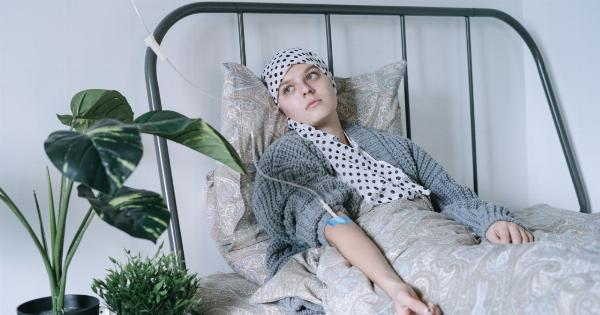Have you ever wondered why some people can function perfectly fine on just a few hours of sleep, while others need a solid eight hours to feel rested? It turns out that our sleeping patterns and duration are largely influenced by our genes.
Recent research has shed light on the genetic factors that determine how much sleep we need and how well we sleep.
The genetics of sleep duration
Scientists have identified several genes that play a role in regulating sleep duration. One such gene is called DEC2, also known as the “short sleep” gene.
People with a specific mutation in this gene can function normally with just a few hours of sleep each night. In contrast, individuals without this mutation typically require the recommended seven to eight hours of sleep for optimal functioning.
Another gene that affects sleep duration is called ABCC9. Variations in this gene have been linked to both longer and shorter sleep durations.
These genetic variations influence the body’s internal clock, which controls the timing and duration of sleep cycles.
Research has also shown that sleep duration is heritable, meaning it can be passed down from generation to generation.
Studies conducted on twins have found that identical twins, who share 100% of their genes, tend to have more similar sleep patterns compared to fraternal twins, who share only about 50% of their genes. This suggests a strong genetic component in sleep duration and quality.
The genetics of sleep quality
While sleep duration is one aspect of a good night’s rest, sleep quality is equally important. Several genes have been identified that influence sleep quality and the risk of developing sleep disorders.
One such gene is PER3, which helps regulate the body’s internal clock and the timing of sleep-wake cycles. Variations in this gene have been associated with increased susceptibility to sleep disorders such as insomnia and sleep apnea.
Another gene, called COMT, is involved in the breakdown of certain neurotransmitters in the brain. Variations in this gene have been linked to differences in sleep quality and the risk of developing sleep disturbances.
The role of genetics in sleep disorders
Genetic factors also play a significant role in the development of sleep disorders. Conditions such as insomnia, sleep apnea, and restless legs syndrome have been found to have a strong genetic component.
For example, certain variations in the genes associated with narcolepsy, a sleep disorder characterized by excessive daytime sleepiness, have been identified.
These genetic variations disrupt the normal sleep-wake cycle, leading to uncontrollable sleep attacks during the day.
Similarly, sleep apnea, a condition characterized by pauses in breathing during sleep, has been linked to specific genetic variations.
These variations affect the structure and function of the airway, making individuals more susceptible to breathing obstructions during sleep.
Other factors influencing sleep
While genetics play a significant role in our sleep patterns, other factors such as lifestyle and environment also impact how much and how well we sleep.
For instance, exposure to artificial light from electronic devices before bedtime can disrupt our natural sleep-wake cycle, making it harder to fall asleep.
Additionally, lifestyle factors such as caffeine consumption, stress levels, and exercise can also influence sleep quality and duration.
It is important to note that genetics are not the sole determinants of our sleep patterns. They interact with various environmental and lifestyle factors, creating a complex interplay that ultimately shapes our sleep habits.
Conclusion
Understanding the role of genetics in sleep patterns can have significant implications for both research and personalized medicine.
By identifying the specific genes involved in sleep regulation, scientists can develop targeted therapies for sleep disorders and gain insights into how our genes influence our overall health and well-being.
However, it is essential to remember that while genetics may predispose us to certain sleep patterns, our lifestyle choices and environment also play a critical role in getting a good night’s sleep.
Taking care of our sleep hygiene, practicing good sleep habits, and addressing any underlying sleep disorders is crucial for promoting optimal sleep and overall health.































